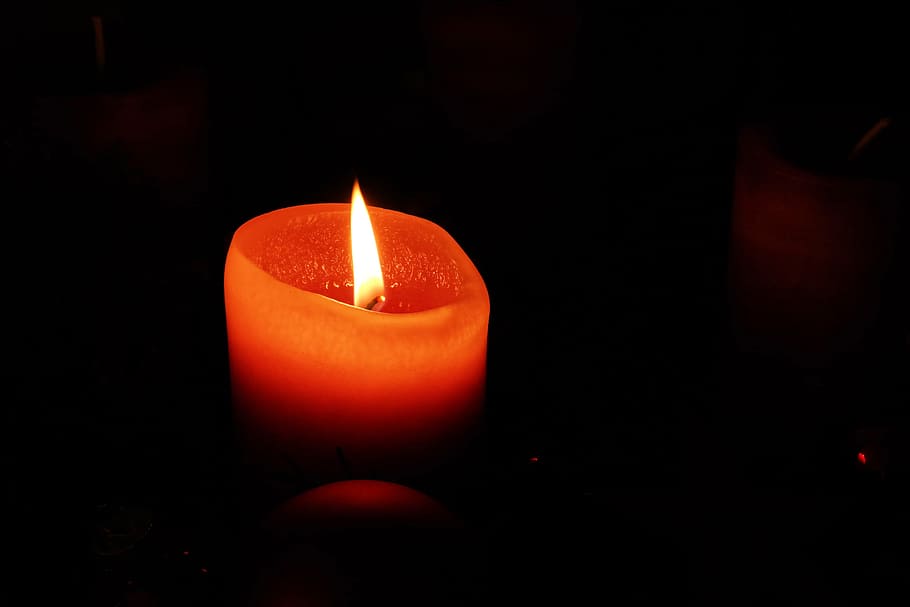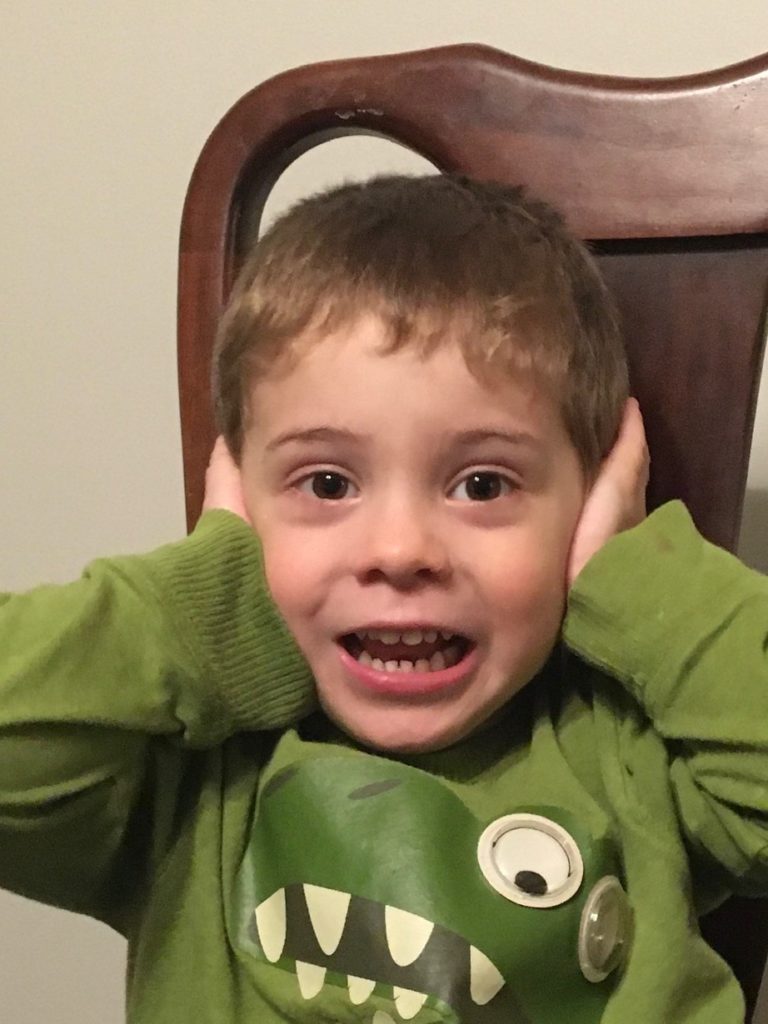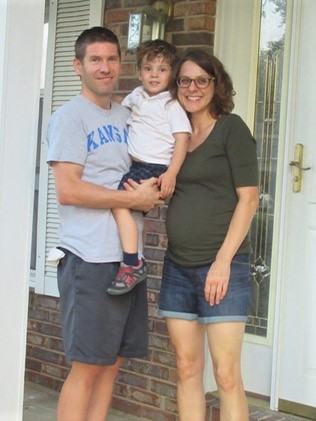In the midst of Advent, we find ourselves in the space between.
Between the promise and the fulfillment.
Between the announcement and the arrival.
Between the almost and the not-yet.
There is beauty in the in-between time, as we light candles and imagine a future of fulfilled hopes. But there is also trembling, as we put our most vulnerable dreams on the line, crowded by so much uncertainty.
I’m reminded of that haunting line from “O Little Town of Bethlehem”:
The hopes and fears of all the years
O Little Town of Bethlehem
Are met in thee tonight
As anyone who has ever waited knows, true Advent isn’t just opening windows on a calendar, ticking off the days until Christmas. Waiting is full of hope, yes, but it’s also fraught with angst. There is so much we don’t know: When? How long? How? And what will the waiting cost?
As we count down the days until we meet our baby, we find ourselves in an Advent of our own. When will Baby arrive? How much longer will our waiting be? Will we know when it’s time? What will we find on the other side of our waiting?
There’s a poem by John Donne that includes this gem of a line:
Pregnant again with th’ old twins, Hope and Fear
John Donne
And that’s exactly what waiting feels like, what Advent feels like: hope and fear, mingled inextricably together. We can’t have one twin without the other. We have no choice but to carry the weight of both.
But from where we stand, on the other side of the Incarnation, we have a hint about how the story ends. While we will contend with both hope and fear as long as we live on this earth, one day fear will be swallowed up forever. One day hope will win.
And so we let those twins wrestle inside us as we wait, knowing that Christ’s birth ushered in an era of hope. And when he returns, all our hopes will be forever met in him.
The Incarnation is the place, if you will, where hope contends with fear.
Kathleen Norris





